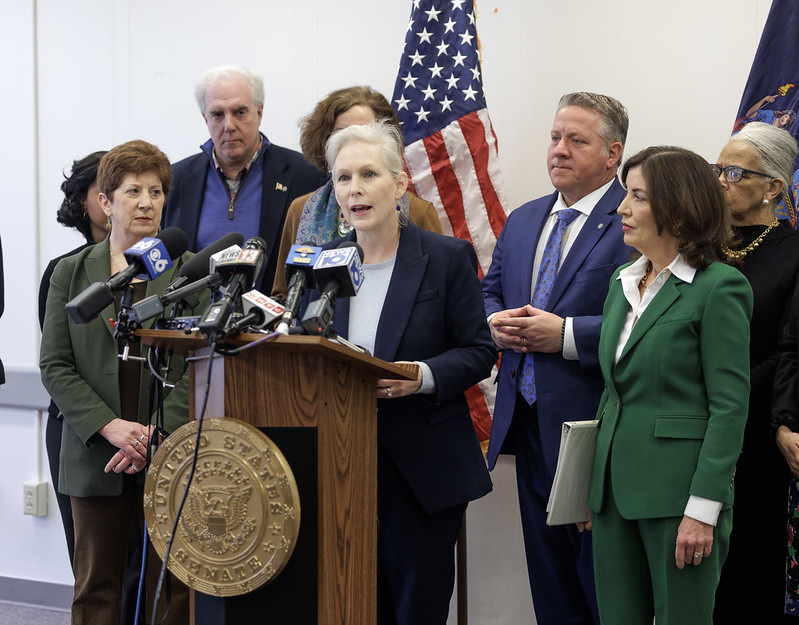TORONTO (Reuters) – Canada’s province of Ontario on Monday forecast 20,000 cases of the novel coronavirus by the end of the month, a quarter of the number it had projected just three weeks ago, as the country’s chief medical officer warned that it is not yet time to ease up on quarantine measures.
Medical officials in Ontario, Canada’s most populous province, said they expect 20,000 coronavirus cases by April 30, up from about 11,200 now, but far fewer than an April 3 projection of 80,000 cases. They credited successful physical distancing for bringing down the number.
The current wave of community coronavirus cases “appears to have peaked,” the officials said.
“We’ve avoided the devastation that we’ve seen in other countries,” Ontario Premier Doug Ford told reporters. “We’re not out of the woods yet … but today we saw some new modeling which shows there is light at the end of the tunnel.”
Despite the encouraging numbers, Canada’s Chief Medical Officer Theresa Tam urged caution.
“Even if we see the peak of the epidemic in your area … the disease can return very, very quickly,” she said during a daily news conference in Ottawa. “Now is not the time to let go of all the hard-earned efforts that you have just put in to slow down this epidemic.”
Ontario officials said public health measures, including non-essential business closures and restricting gatherings, will remain in place. Ontario’s state of emergency was extended to May 12 and any lifting of measures will be slow.
Premier Ford said the province was working on a framework to reopen its economy at a “gradual, measured, and safe” pace.
Overall in Canada, the total number of people killed by the coronavirus rose to 1,611 on Monday, official data posted by the public health agency showed. The total number of people diagnosed with the coronavirus had climbed to 35,392.
As with many other countries, authorities in Canada ordered business closures during the pandemic, throwing millions out of work, and urged people to stay at home. In response, Ottawa has unveiled more than C$200 billion in programs to help dull the economic pain.
As of Sunday, more than 6.7 million Canadians had applied for all forms of federal emergency unemployment help, government data showed.
(Additional reporting by Amran Abocar in Toronto, and Steve Scherer and Kelsey Johnson in Ottawa, writing by Steve Scherer,; Editing by Chizu Nomiyama and Steve Orlofsky)
































